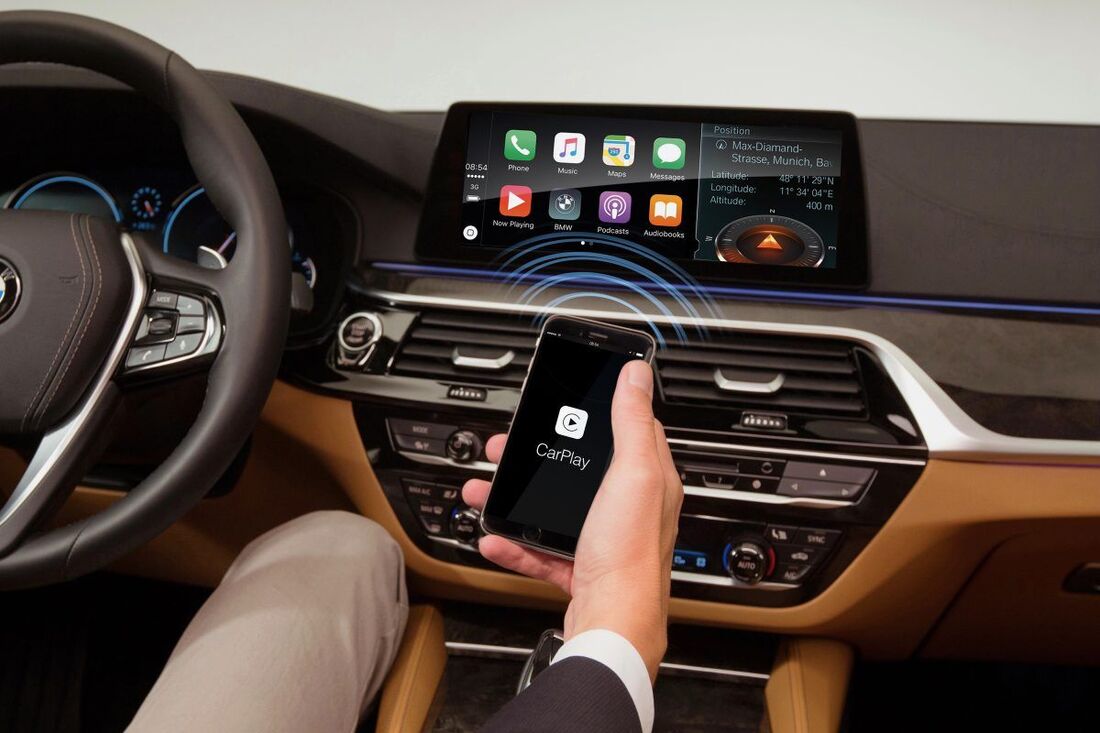In case you weren’t aware, Tesla has stiff-armed Apple when it comes to offering Apple CarPlay in any of their electric vehicles. Tesla’s Apple-enthusiast customers are none too pleased. But there’s nothing that Apple can do about it because Tesla is the “device-maker”. Tesla has sole control over what software they offer to the public or what other companies can use Tesla screens to peddle their own products.
Here Apple is on the short end of the stick. They would like to offer Apple CarPlay but Tesla won’t allow them. Tesla isn’t the majority of the car market but neither is Apple a majority of the phone market. But that’s irrelevant. Apple CarPlay is on BMW or Toyota because those manufacturers invited Apple. Not because any governmental agency forced them to carry it.
It’s the same way with Windows laptops. I used to work for Gateway Computers. No one forces Gateway, Dell, or HP to offer anything. Like the automakers, PC makers invite developers to peddle their wares because they see it as a competitive advantage. It’s the same principle as bars offering “ladies night”. If you attract the women, the men will come. Gateway wanted all software makers to be available on their devices so that they didn’t lose out on any potential sales.
Dell or HP could tomorrow say that no developers outside of their own will be allowed to offer software on their computers. They don’t because they don’t have a choice. But Adobe or Microsoft have no power to force them to offer their software. Even Windows itself is by invitation of the device maker.
But Apple has done something no one else has been able to do. They flipped the equation around. Unlike other device makers, they decided to attract customers by creating high-quality devices and a secure environment. Instead of using the software to attract the customers, Apple is using customers with plenty of discretionary income to attract the developers. In a tech version of Ladies Night, if you attract customers with fists full of cash, the developers will come.
Of course, Apple’s chosen path isn’t cheap. Unlike other laptop makers, they have to spend billions upon billions of dollars in creating and maintaining their own operating system. This is an expense that none of the Windows laptop or Android phone makers have to worry about.
But now the developers want the best of both worlds. They like the leverage that they have over device makers who are commoditized in a sea of look-alike devices. And they love the high-income market that Apple has cultivated . They want the positives of both systems with none of the negatives. They can’t have it both ways.
This is why developers are appealing to governments. Up until now, offering software on your device is always at the invitation of the business owner. Forcing business to allow items would be a dangerous new precedent. Think about it. If you build a store, can someone tell you what you can or can’t sell in it? Even if you sell on eBay, can your neighbor barge into your house and force you to sell his merchandise for him? Of course not.
There is nothing unusual about this in the business world. Amazon can’t force Walmart to share shelf space with Amazon products. And yet, Nilay Patel and John Gruber speak breathlessly about Apple not allowing developers to choose their own payment system as if Apple is some kind of new villain. Folks, Apple is a normal business owner doing what all business owners do. They are cultivating their storefronts. The only dangerous new thing is what Nilay and John seem to be advocating for. Forcing businesses to sell things that they don’t want to.



 RSS Feed
RSS Feed